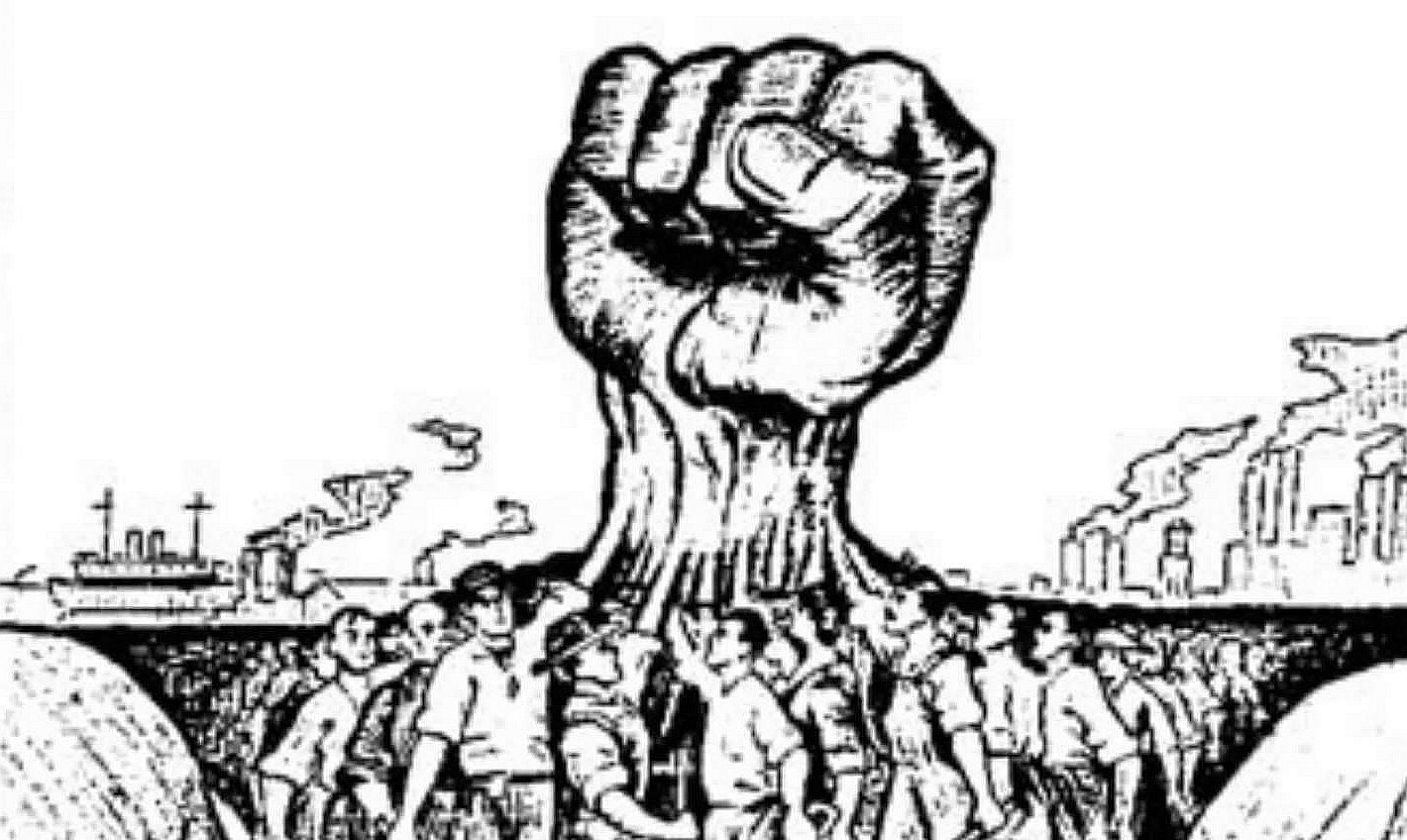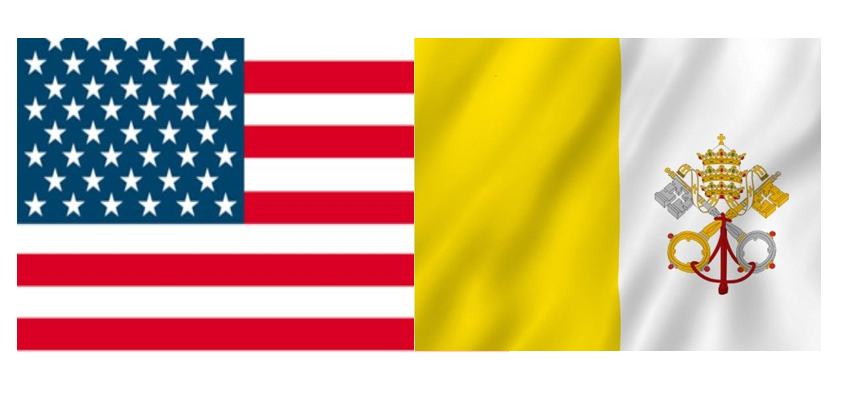
***La versión original en español del artículo se puede encontrar en este enlace. La traducción al inglés la ha realizado uno de los miembros del Círculo Camino Real de Tejas con la supervisión de los traductores del Gremio San Jerónimo***
We publish here the third part of the original series on sovereignty***
***
Having shown that national sovereignty is a chimera, let us now consider to whom the term “sovereign” properly belongs. The term can be applied only to the supreme and perpetual heads of states, whether they be called emperors, kings, princes, grand dukes, margraves, or any other title. The proof will not come from Scripture, nor from any secular or ecclesiastical author, for we know that we are arguing with men who reject all authority and recognize no authority but reason. To this, then, we shall also have recourse.
The supporters of national sovereignty cannot deny that the word sovereign, according to its etymology, means, as we indicated in our first article, the one who is above all; and according to its usual and current value, it expresses the idea of the supreme and immovable head of a nation, the one who is in charge of governing it; the head whom everyone respects and obeys. Now, if this is the etymological and usual meaning of the word «sovereign», to whom can this title be more appropriate than to the head of a state, the one who governs it and to whom all pay respect and obedience? Is it not a folly to give to this word a forced, new and unknown meaning, a meaning that no one had admitted until that sophist from Geneva came to disturb the peace of the world? And what, in short, is the paralogism of Rousseau and his modern publicists reduced to? That the nation is superior to the one who governs it, that is, to the one to whom it is itself subject and whom it obeys and respects; which is as if they were saying of a city that it is superior to the mayor, or of a religious community that it is superior to the priest, and that the latter is not superior to the community at all. Wouldn’t our readers think that this is a very nice way of thinking? Would our grandparents, if they were resurrected, believe that such a wretched sophism has been welcomed into the world, and that its adherents and propagators have been given the honorable title of philosophical experts?
When we used the expression «supreme head» above, we added «perpetual» to signify that the title of sovereign was given only to princes for life, and specifically to those whose throne is hereditary; not to temporary heads, as it was never given to the Duke of Venice or to that of Genoa, nor is it now given to the presidents of the American republics. And let it not be thought that this difference is due to nothing more than a capricious designation. On the contrary, if the advocates of the erroneous principle which we denounce were to examine carefully the strict meaning of the word «sovereign», they would find that it has always been intended to denote a personality so superior in hierarchy and dignity to the other individuals of the nation that he can never be confused with them, nor substituted for them, nor reduced to the sphere of a mere private individual. Thus, in order for the sole head of a State to be properly called sovereign, it has always been necessary, as it is today, that his authority should be supreme and perpetual.
Since the word sovereign has never been applied except to those who exercise that power, it follows that where the government of a State is in the hands of one man, but only temporarily or on the condition that he can be removed, there is, in reality, neither sovereign nor sovereignty; just as where there is no mayor there is no mayoralty, where there is no president there is no presidency. Even school children know this. We must not forget what these two words have always meant in our nation, from the time they were introduced into the language until the famous Social Contract came to light.
Could it be possible that the inventor of the supposed principle of national sovereignty was unaware of this? No, certainly not; he knew it all too well, but it suited him to pose as an ingenious innovator. It suited him to create a stir in the world and to make himself famous, for which he had to invent a paradox, a preposterous idea that would shock public opinion and, by flattering the passions of the vulgar, arouse them to shake the authority of the monarchs and overcome their power. In order to realize the latter, it was necessary to twist the meaning of the usual words and give them a purely democratic meaning; in short, it was necessary to establish the theory that sovereignty resides in the masses and that the masses are the sovereigns. The kings had been deprived of their supreme power by the stroke of a pen, and now the time had come to take it away from them all together by means of popular revolutions.
Such has been the goal proposed by those who have sought to disturb the peace of the peoples of the world, and this is the object of the sophistic distinction between radical sovereignty and actual sovereignty, a distinction to which they have attached incredible importance and which, in another matter, they would have ridiculed ad nauseam. All the reasons for their famous sophistry are summed up in this argument: « There is no nation without a sovereign: hence it is that the heads who govern some States do not deserve to be called sovereigns, according to the opinion of learned experts; therefore someone else is the sovereign there, and this can be none other than the people, who, have received sovereignty from no one, and have it as an essential part of themselves.» From this they draw these other consequences: «Therefore, even in States where it is said that there is a sovereign, the sovereign is only the representative of the true sovereign, the radical sovereign, who is the people; therefore, the people can revoke the powers of the governor whenever they please.»
Consider, dear readers, where this paralogism would lead us if it were admitted as a sure principle of politics. All this vain argumentation, which is nothing but a play on words, is dispelled by saying that by sovereign we mean what has always been understood, what is now understood, and what will be understood in the future: the single and immovable head who perpetually exercises supreme authority in a nation; and by sovereignty we mean the quality of a sovereign. The supreme magistrate, lacking these qualities, will be whatever may be desired, but he will not be sovereign; and consequently, where he commands, there will be no sovereignty properly so called, and as it has been understood in our country since the Castilian language has been spoken there.
(Continued…)
LA ESPERANZA




Deje el primer comentario